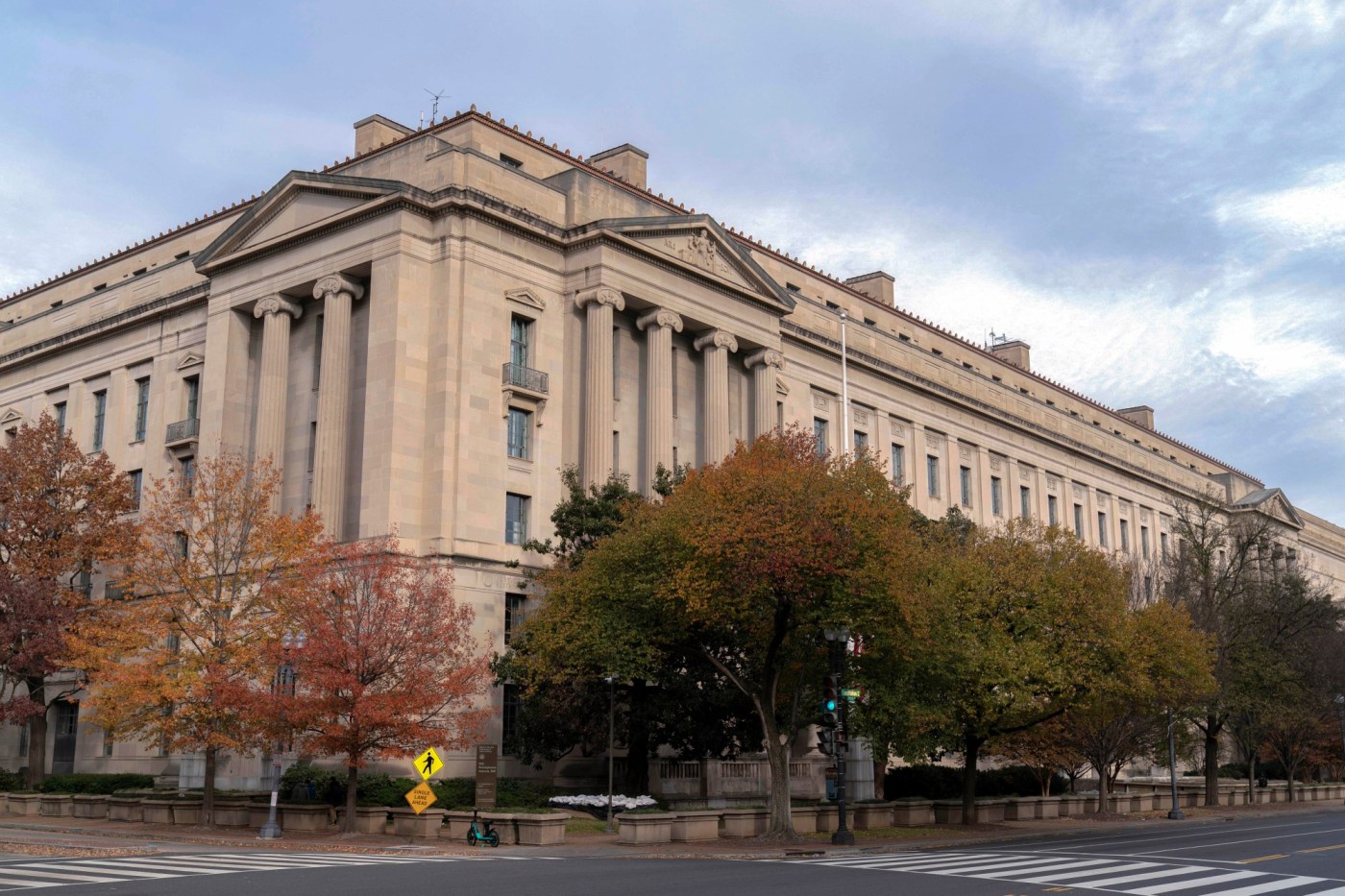The U.S. Department of Justice has requested comprehensive information from Pennsylvania regarding its management of voter registration and voter rolls. This inquiry is part of a broader initiative aimed at ensuring compliance with the Help America Vote Act (HAVA), a federal law enacted in 2002 that reformed voter registration and election administration.
In a letter dated June 23, 2023, addressed to Pennsylvania’s Secretary of the Commonwealth, Al Schmidt, the Justice Department outlined 14 categories of information it seeks. These include details on how voters are added to and removed from the state’s voter rolls, as well as measures in place to prevent unauthorized access to the system. The letter, signed by Maureen Riordan, the acting chief of the voting section in the Justice Department’s Civil Rights Division, emphasizes the importance of monitoring compliance with federal voting statutes.
Amy Gulli, a spokesperson for Pennsylvania’s Department of State, confirmed that the agency plans to respond to the request but had not yet done so as of Wednesday. This inquiry is one of several that the Civil Rights Division has issued to various states regarding their adherence to federal voting laws.
The letter specifically mentions HAVA, which aims to enhance the security and integrity of voter registration processes. Riordan requested a response from Pennsylvania within a 30-day timeframe.
Legal expert David Becker, who has previously worked within the Civil Rights Division and currently leads the nonprofit Center for Election Innovation & Research, noted that most of the Justice Department’s requests reference specific sections of HAVA. However, he pointed out that one request concerning the identification and removal of noncitizens from voter rolls is problematic, stating, “That’s because there isn’t one, and DOJ has no jurisdiction to request that data.” Becker did not express significant concerns regarding the other requests.
Similar letters have been sent to election officials in states such as Arizona, Colorado, and Wisconsin, each with different requests. For instance, a letter sent in May to Arizona’s Secretary of State, Adrian Fontes, alleged that the state was not adequately verifying voters’ identities as required by HAVA and warned of potential legal action. Fontes, a Democrat, countered that Arizona conducts thorough residency and citizenship checks and complies with HAVA.
In Wisconsin, a letter from early June indicated that the state was failing to properly address administrative complaints as mandated by HAVA. The Wisconsin Elections Commission has been dismissing complaints regarding its own actions based on a ruling by the Wisconsin Supreme Court in 2022.
Colorado also received a letter from the Justice Department in May, requesting comprehensive records related to the 2024 election in response to a complaint received by the department.
In addition to these inquiries, the Justice Department has initiated legal action against North Carolina for allegedly failing to maintain an accurate voter list as required by HAVA. Another lawsuit was filed against Orange County, California, concerning the alleged failure to provide records related to the removal of noncitizens from its voter rolls.
The letter to Pennsylvania does not indicate any specific complaints or wrongdoing on the state’s part. It concludes with an expression of appreciation for the state’s cooperation in the Justice Department’s nationwide efforts to monitor HAVA compliance. A spokesperson for the Justice Department declined to provide further comments on this matter.
Recent reports have emerged indicating that senior officials within the Justice Department are considering whether election officials could face criminal charges for inadequate safeguards of their computer systems, adding another layer of scrutiny to the current landscape of election administration.
This examination of voter registration practices underscores the ongoing national dialogue about election integrity and the balance between securing voter access and ensuring accurate voter rolls. As states respond to these requests, the implications for voter management and public trust in the electoral process remain significant.
